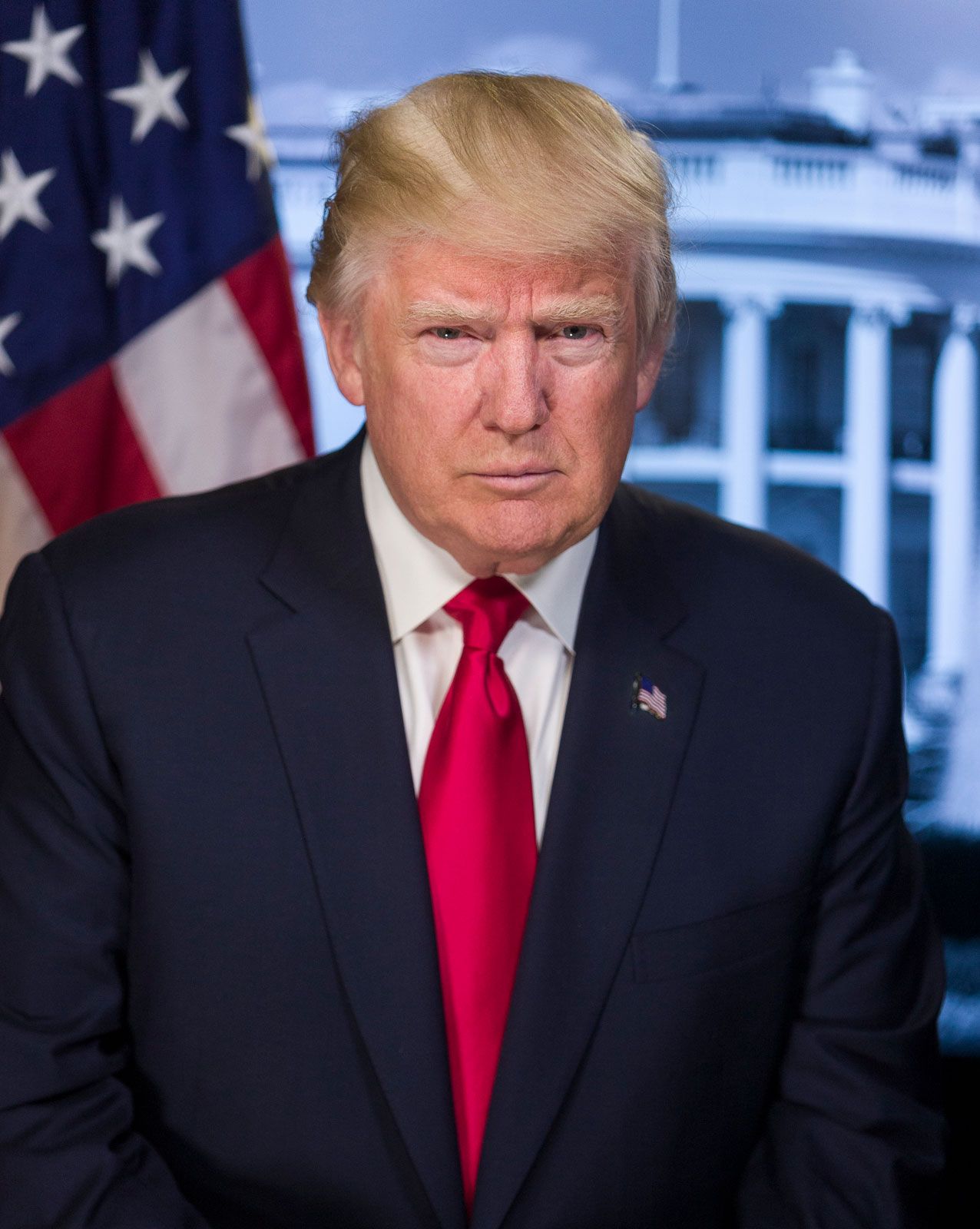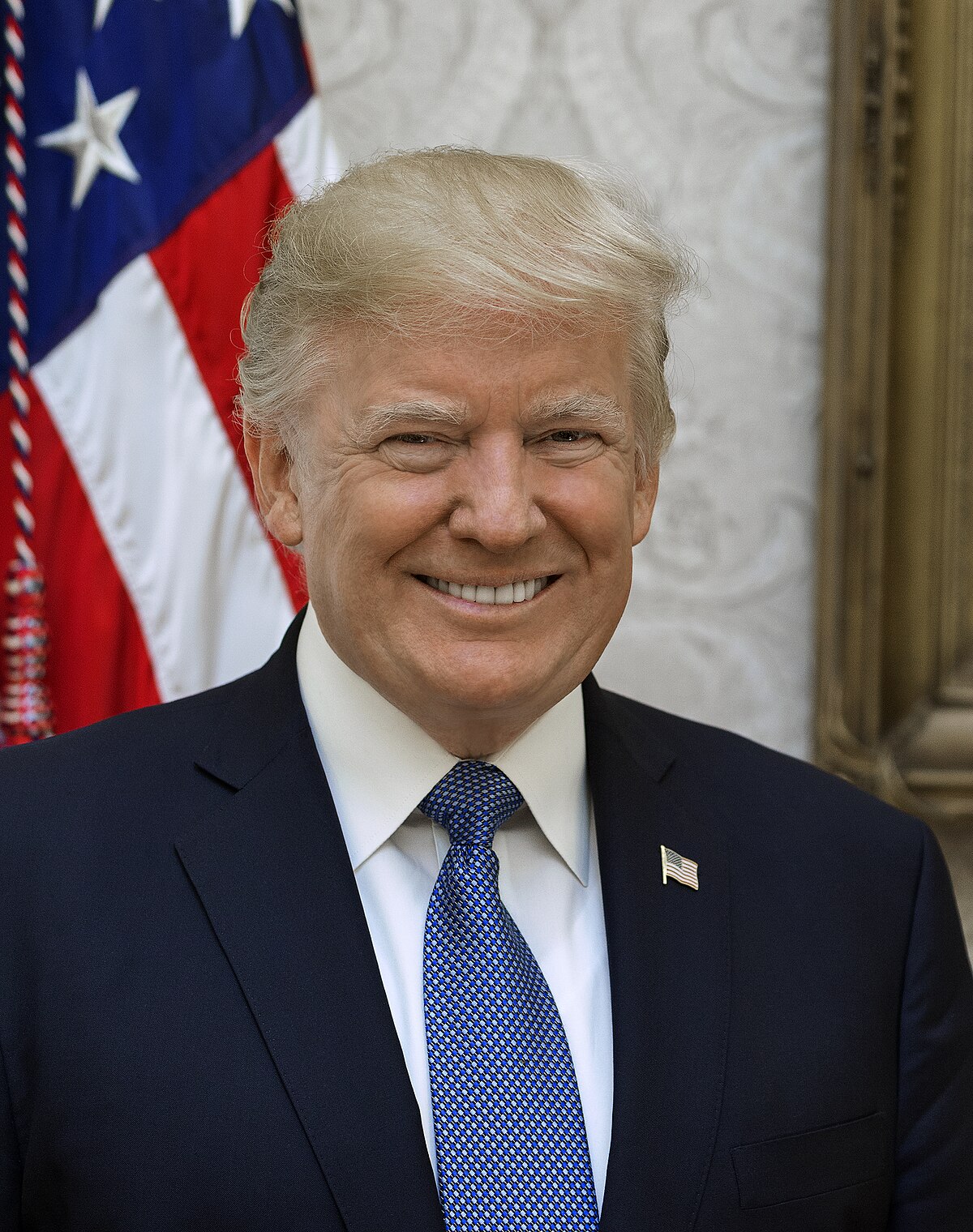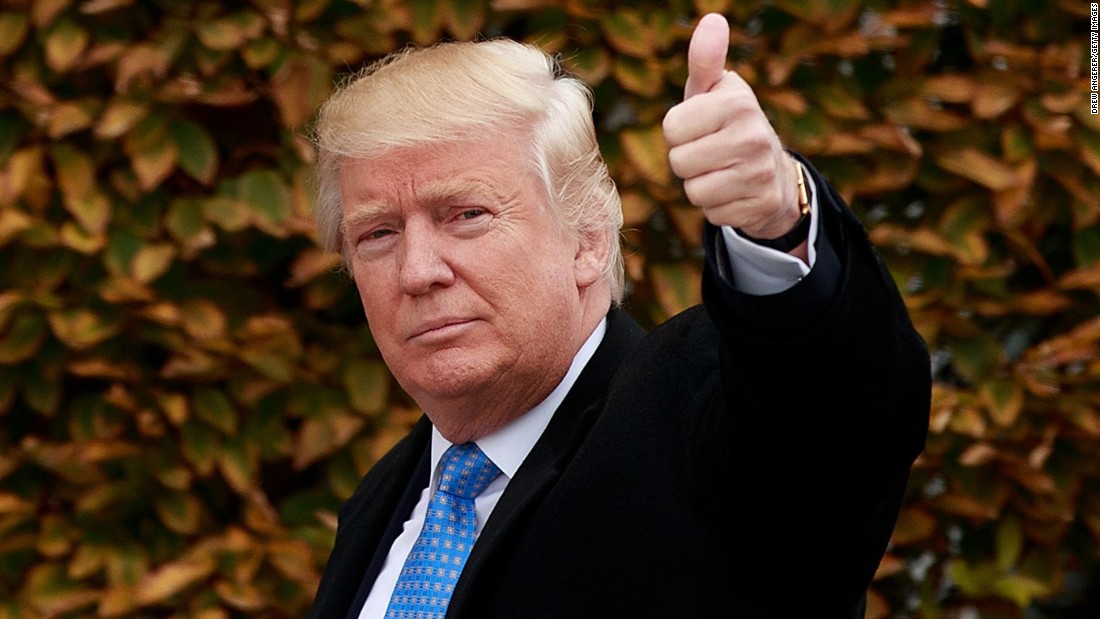Donald Trump’s Meme Coin Embrace: A New Era in Presidential Politics?

Executive Summary

Donald Trump’s foray into the world of meme coins, specifically his involvement with the Trump Digital Trading Card collection and its subsequent impact on the cryptocurrency market, presents a fascinating case study. This analysis explores the implications of this unprecedented move, examining its effects on fundraising strategies, political communication, and the broader landscape of presidential politics in the digital age. We will delve into the potential for future candidates to emulate this approach, analyzing both the risks and rewards involved. Ultimately, this exploration aims to determine whether Trump’s actions represent a revolutionary shift in political campaigning or simply a fleeting trend.

Introduction
The intersection of politics and cryptocurrency is increasingly blurring. Nowhere is this more evident than in the unexpected embrace of meme coins by former President Donald Trump. His launch of digital trading cards, ostensibly for fundraising purposes, sparked significant discussion and controversy, raising questions about the future of political fundraising and the role of digital assets in shaping public discourse. This article dissects the multifaceted implications of Trump’s actions, examining their potential short-term and long-term effects on the political landscape.
Frequently Asked Questions
- Q: What are Trump Digital Trading Cards? A: They are a collection of non-fungible tokens (NFTs) featuring various images of Donald Trump, sold for $99 each. They were marketed as a form of collectible and offered no inherent financial value beyond their resale potential in the NFT market.
- Q: Why did Trump launch these digital trading cards? A: Officially, the cards were launched as a fundraising mechanism for his political activities. However, critics have pointed to the potential for the project to generate hype and engagement among his supporters.
- Q: Is this a new trend in political fundraising? A: While still relatively novel, Trump’s initiative suggests a potential future where political fundraising may increasingly incorporate digital assets and blockchain technology. However, the long-term viability and ethical implications of this method remain to be seen.
Fundraising and Campaign Finance Reform
Trump’s foray into the NFT space undeniably revolutionized traditional political fundraising. The digital trading cards, far from a mere novelty, demonstrated the potential for blockchain technology to bypass traditional campaign finance structures, at least partially.
- Direct-to-supporter fundraising: The digital trading cards bypassed the need for traditional fundraising intermediaries, directly connecting Trump with his supporters. This allows for more efficient fundraising and potentially greater transparency (though this requires scrutiny of sales processes and the use of funds).
- New revenue streams: This opens up an entirely new revenue stream for political campaigns, utilizing the growing interest and investment in the cryptocurrency market to engage a younger, digitally savvy demographic.
- Circumventing campaign finance regulations: This aspect raises critical questions about the legal and ethical implications. Traditional campaign finance laws might require adjustments to fully address the use of NFTs and crypto for political fundraising.
- Enhanced supporter engagement: The collectibles element fostered a deeper level of interaction between Trump and his loyal base, promoting a sense of community and ownership through the possession of a digital asset.
- Increased media attention: The unorthodox approach attracted significant media coverage, amplifying the Trump brand and generating significant free publicity.
Political Communication and Social Media Influence
The launch of the digital trading cards served as a masterclass in unconventional political communication. Leveraging the power of online communities and social media trends, Trump demonstrated the capacity of digital assets to influence public discourse.
- Viral marketing: The sheer novelty and controversy surrounding the cards fueled organic viral marketing across social media platforms, reaching a massive audience far exceeding the scope of traditional campaign strategies.
- Direct communication with supporters: The platform for the sales of these cards became a direct line of communication, bypassing the filter of traditional media. This provided Trump with a means to directly address and engage his supporters.
- Bypass of traditional media: This allowed him to circumvent potentially negative or critical framing by mainstream media outlets, presenting his message directly to his target audience.
- Memes and internet culture: The rollout perfectly exploited meme culture and humor, enhancing the virality of the campaign and solidifying its appeal amongst a digital-native audience.
- Building community and brand loyalty: These cards fostered a sense of exclusivity and community among purchasers, further strengthening Trump’s brand and base of support.
The Future of Political Campaigns in the Digital Age
Trump’s use of NFTs in political campaigning suggests a significant shift in the way politicians engage with their constituents and raise funds. This is a trend that future campaigns should analyze carefully.
- Increased reliance on digital assets: Expect a potential increase in the utilization of digital assets, cryptocurrencies, and NFTs, as a tool for political fundraising and engagement.
- Evolution of campaign finance regulations: The success (or failure) of Trump’s approach will inevitably prompt revisions to campaign finance regulations to account for the unique challenges posed by blockchain-based fundraising.
- Enhanced personalization and targeted communication: We may expect increasingly personalized and targeted political communications enabled by data-driven analyses of digital engagement.
- Emergence of new digital platforms: The use of dedicated online platforms for the sale of political-themed NFTs suggests the emergence of new social media-like spaces for political interaction.
- Ethical and legal considerations: The legal and ethical implications surrounding the use of digital assets for political purposes require careful consideration and further debate.
Legal and Ethical Implications
The use of NFTs for political fundraising presents numerous ethical and legal complexities. Navigating this grey area will be vital for candidates looking to emulate Trump’s strategy.
- Transparency and accountability: Ensuring transparency in the handling of funds raised through NFT sales is crucial to maintain public trust and avoid allegations of financial impropriety.
- Disclosure requirements: Clear guidelines for the disclosure of NFT-based political donations and expenditures must be established to comply with existing campaign finance regulations.
- Tax implications: The tax implications associated with NFT sales and purchases, both for the campaign and for individual supporters, require careful consideration.
- Consumer protection: Preventing potential scams and ensuring the fair treatment of purchasers is crucial to maintain the integrity of the market and avoid harming supporters.
- Regulatory uncertainty: The current regulatory landscape surrounding NFTs and cryptocurrencies is still evolving, creating uncertainty and potential legal risks for political campaigns employing these technologies.
Conclusion
Donald Trump’s embrace of meme coins and NFTs in his political activities marks a pivotal moment in the evolution of presidential campaigning. While the long-term consequences remain unclear, this unprecedented move demonstrates the potential of digital assets to revolutionize fundraising, communication, and voter engagement. The adoption of such technologies by future candidates will depend on a careful assessment of the potential benefits and drawbacks, as well as the development of a clear regulatory framework. Whether this signifies a new era or a temporary trend remains to be seen, but it undeniably represents a significant disruption of the established political landscape. The legal, ethical, and practical implications necessitate further investigation and discussion. The future of political campaigning will undoubtedly be shaped by how effectively – and ethically – these emerging technologies are utilized.









